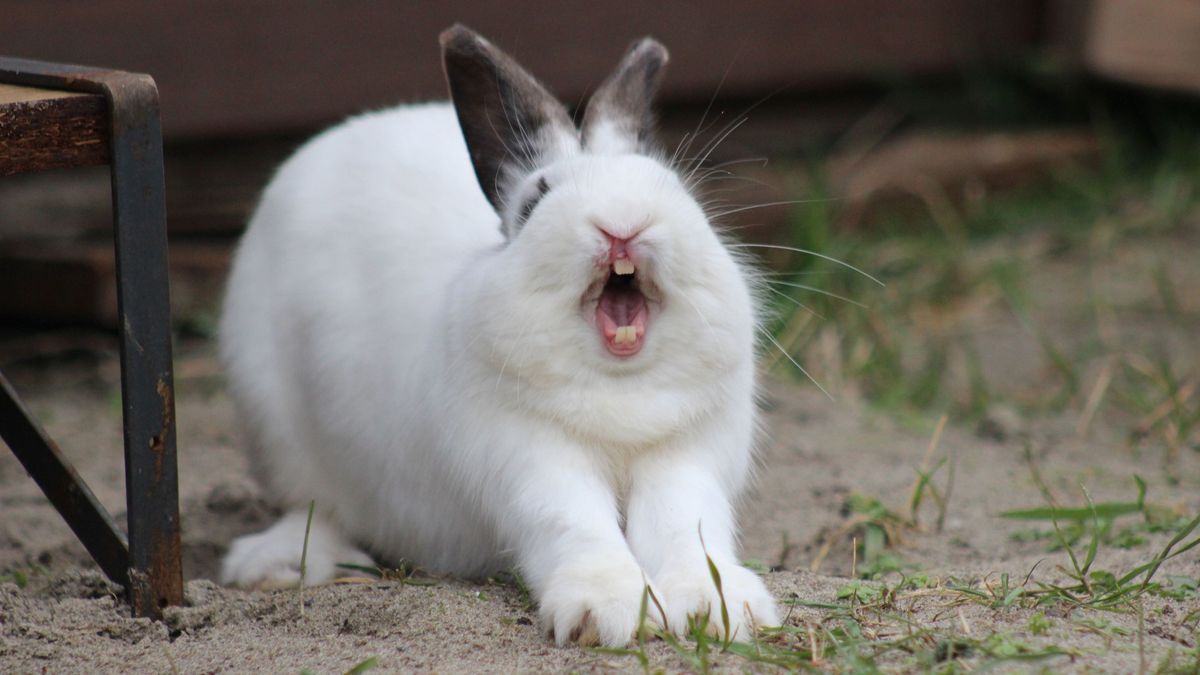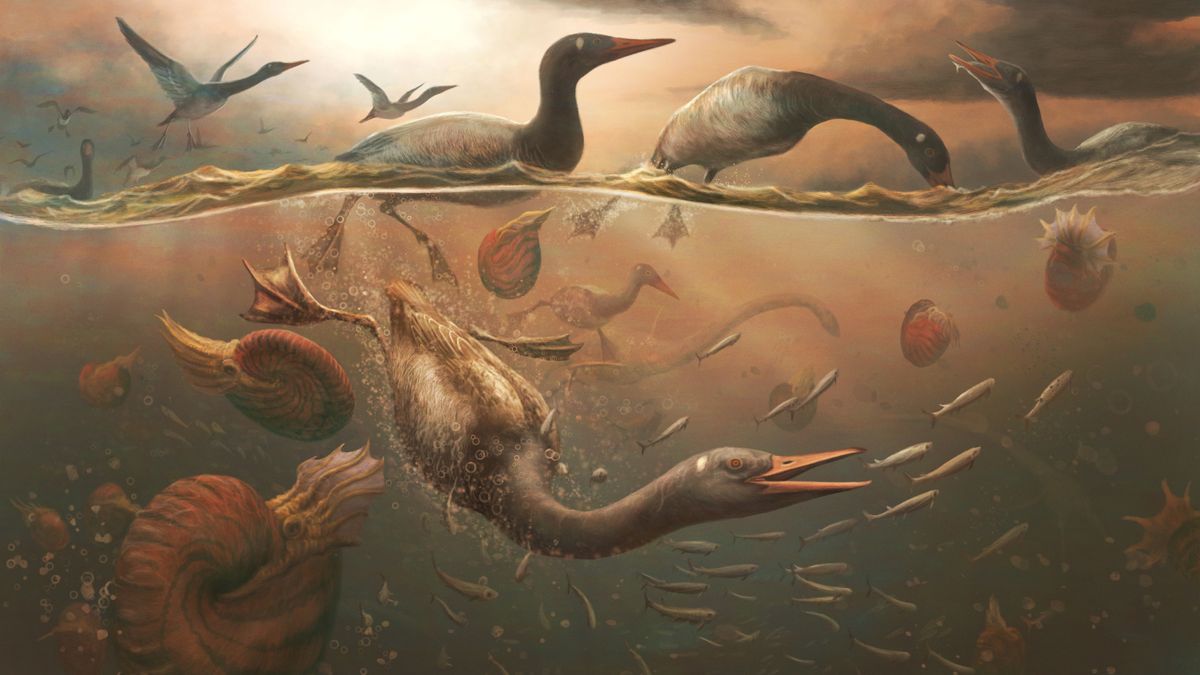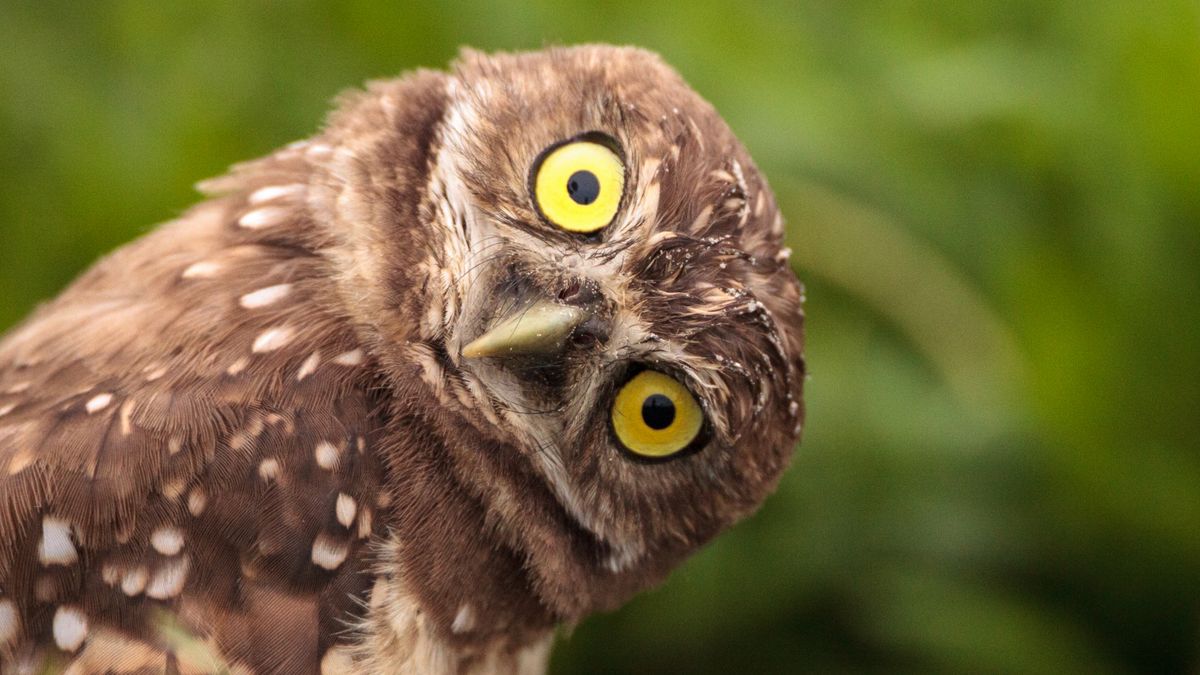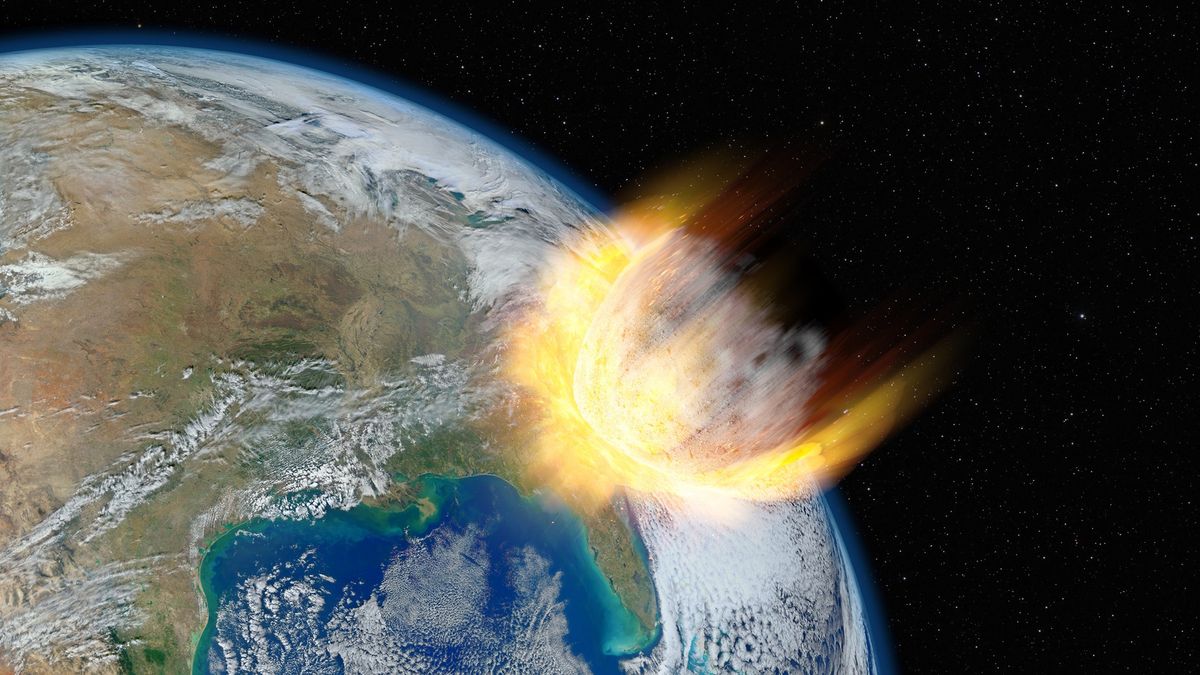Rabbits may eat fragments of their own teeth when they chomp on food — meaning each mouthful could contain a healthy dose of calcium, scientists say.
Rabbits require large amounts of calcium, because their teeth — like those of squirrels, beavers and kangaroos — grow continuously. Until now, researchers assumed that wild rabbits deliberately ate calcium-rich foods, such as leafy greens, to sustain this growth. But a new study shows this may not be required for rabbits to meet their mineral needs.
A naturally high-fiber diet means rabbits are continually chewing and grinding their teeth. The resulting tooth powder may provide a steady source of calcium that gets reabsorbed during digestion, forming a neat loop that endlessly fuels rabbit tooth growth, according to the study.
“It has been suggested that rabbits must have high mineral requirements, in particular for calcium,” researchers wrote in the study, published in the February issue of The Veterinary Journal. “However, this assumption ignores the fact that tooth wear represents finely ground tissue that is not lost to the body but swallowed during food processing.”
Related: ‘Unusual’ beaver die-off in Utah caused by ‘rabbit fever,’ which can also infect humans
To test whether tooth wear could be a source of calcium for rabbits, the researchers conducted a two-week feeding experiment on eight female European rabbits (Oryctolagus cuniculus). They gave the rabbits food pellets containing either a standard calcium supplement or ground-up rabbit teeth, and then measured absorption in the body by analyzing the rabbits’ poop.
The results showed that rabbits can digest and absorb calcium from their own teeth. In fact, they are likely to extract slightly more calcium from their teeth than from food, according to the study.
Poop samples indicated the rabbits that received the tooth-powder diet digested 33% of the calcium they ate, compared with 20% for the rabbits that received the standard supplement. There was no significant difference in the average water intake, body mass or fecal output between the two groups, the researchers noted.
Pet-rabbit feed typically contains calcium to make up for the fact that pets can’t independently select foods high in calcium. But the new findings suggest we may be giving pet rabbits too much calcium, the researchers wrote.
Healthy rabbits can excrete excess calcium in their urine, but rabbits with kidney problems may develop complications from excess calcium. Urinary tract diseases are common in pet rabbits, so it’s important to keep an eye on their mineral intake, according to the study.
Although it’s highly likely that rabbits swallow their own ground-up teeth, the study doesn’t show this directly. The researchers did not measure tooth loss during the experiment, meaning they did not account for the additional calcium that rabbits from both groups may have ingested. It’s also unclear how much calcium rabbits require to sustain continuous tooth growth.
But the new research is a good starting point, as it demonstrates for the first time that rabbits can digest calcium from their own teeth.
“It’s an interesting puzzle piece about a great invention of nature,” study co-author Dr. Jean-Michel Hatt, a professor of veterinary medicine at the University of Zurich, told New Scientist. “We will certainly continue the study of the abrasion and regrowth of teeth.”













